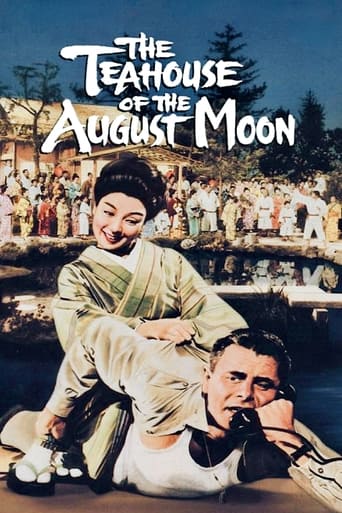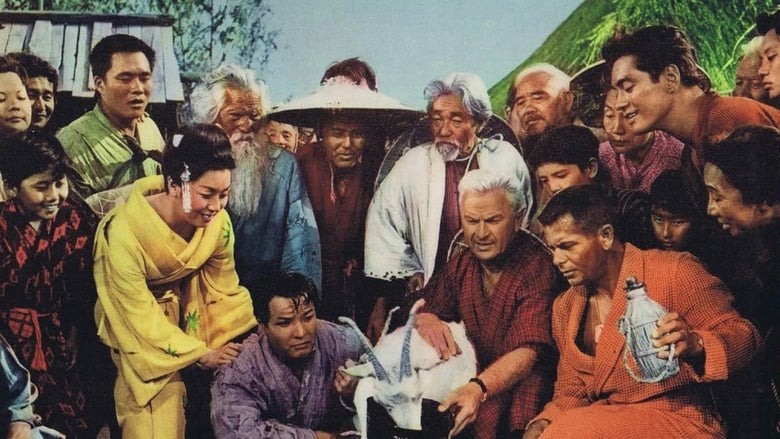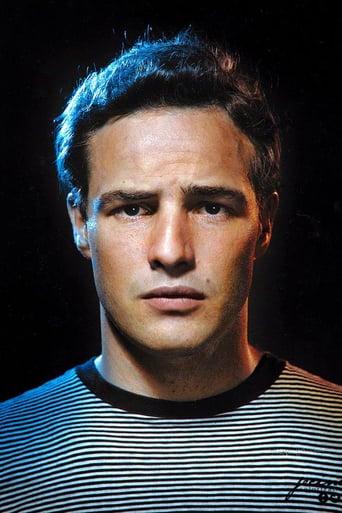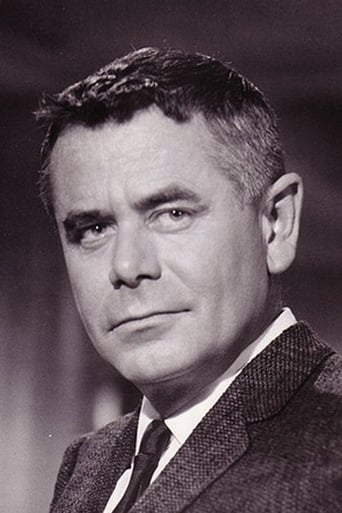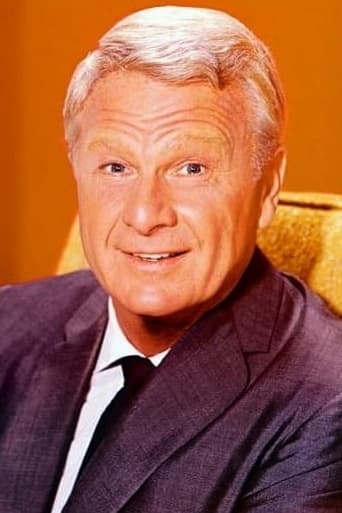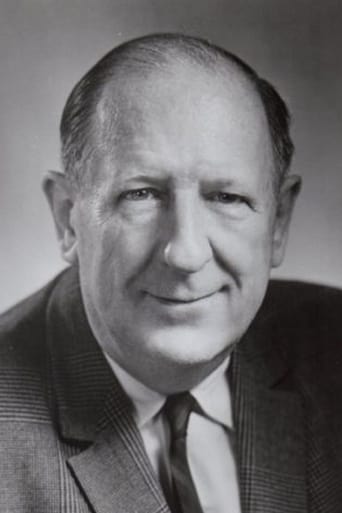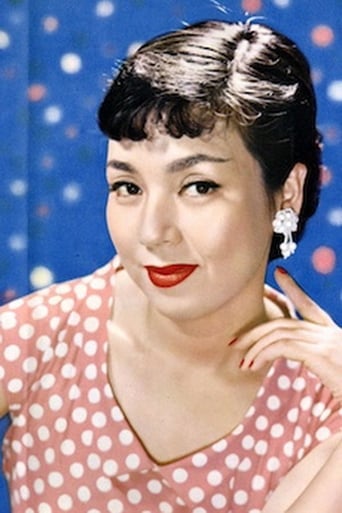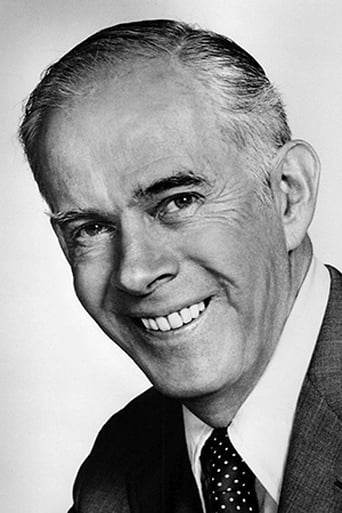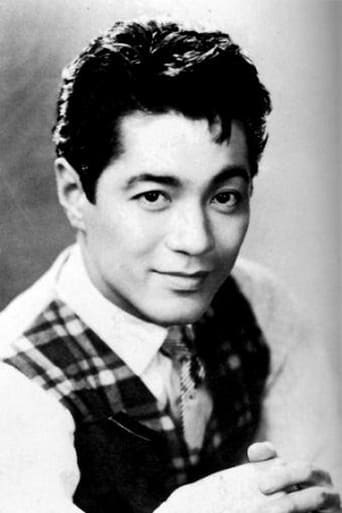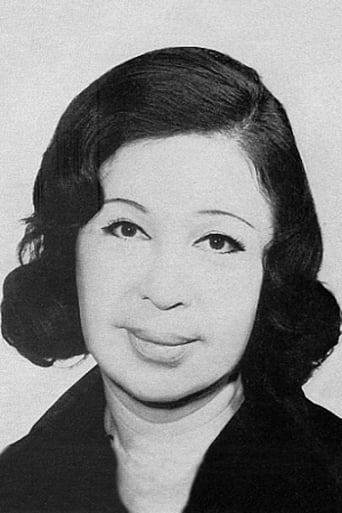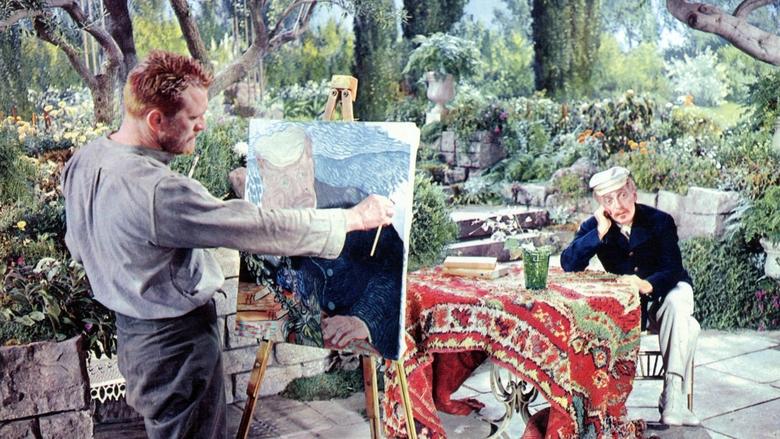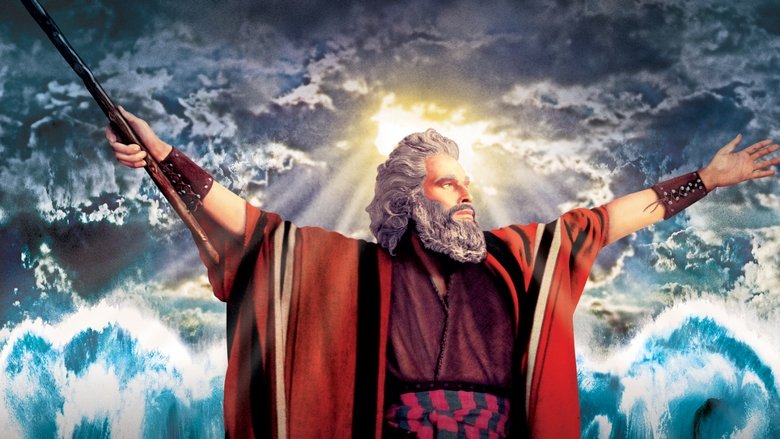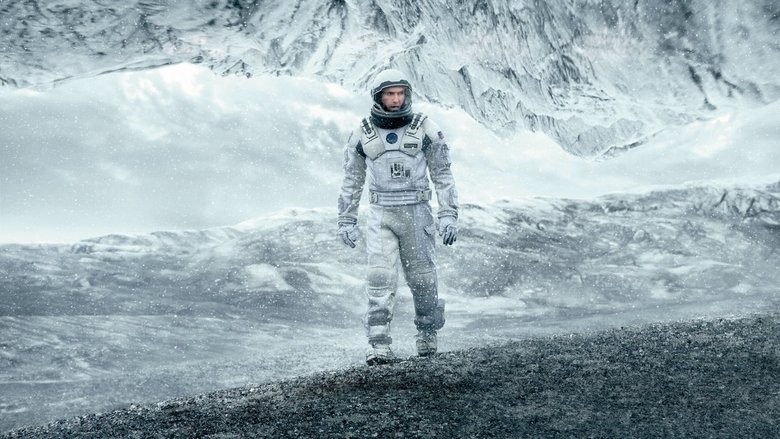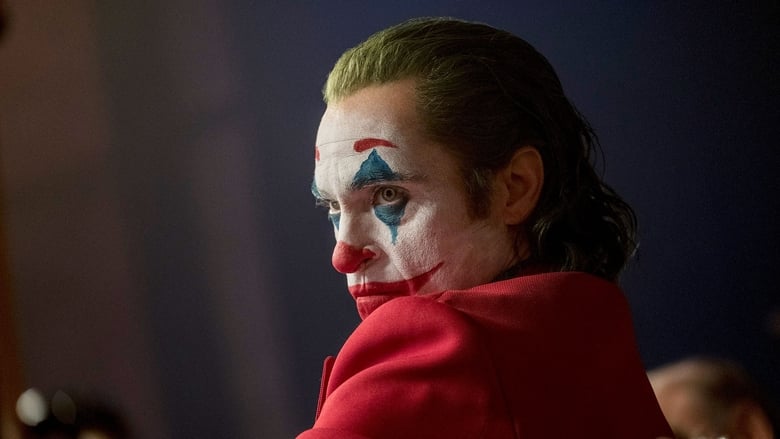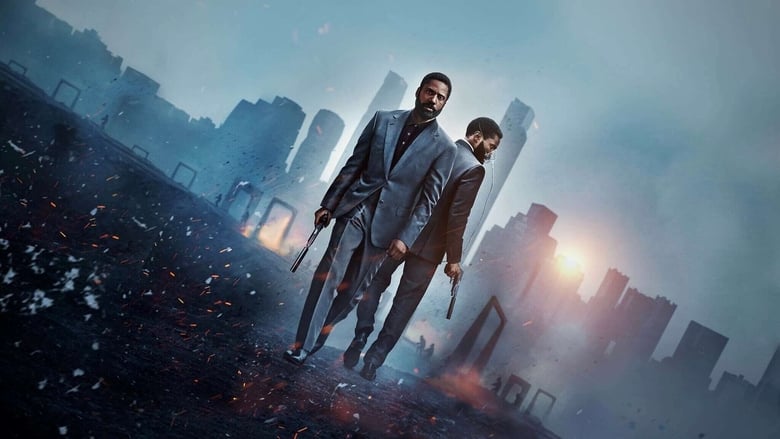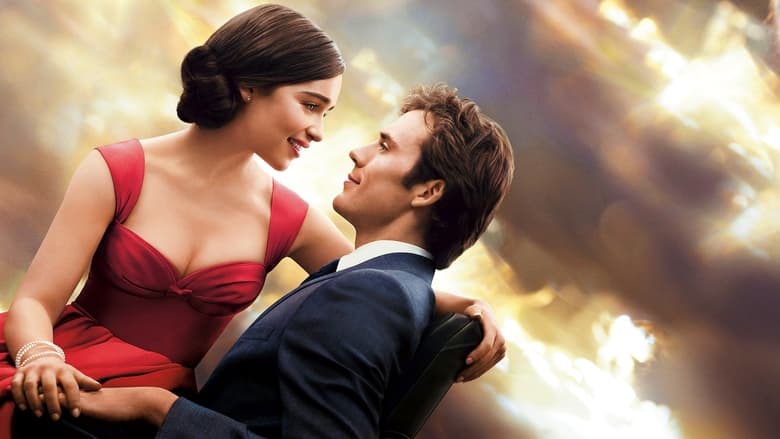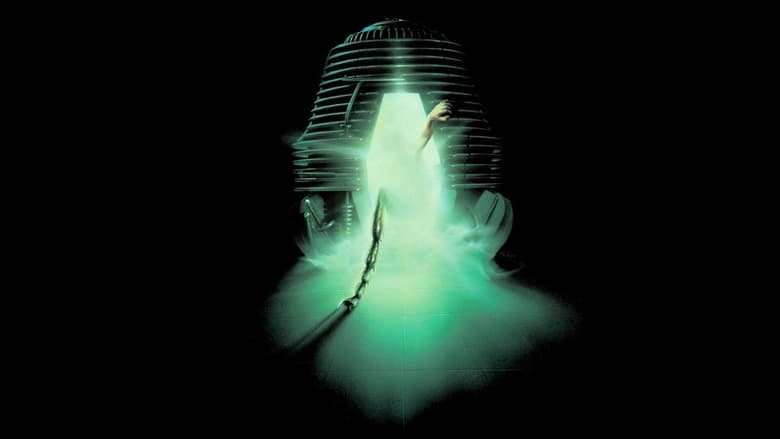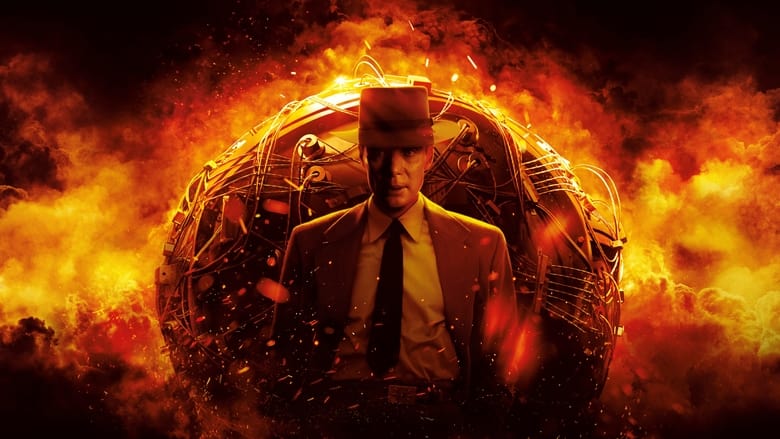In post-WWII Japan, an American captain is brought in to help build a school, but the locals want a teahouse instead.


Similar titles
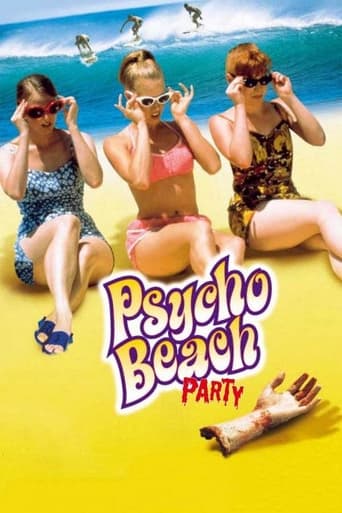
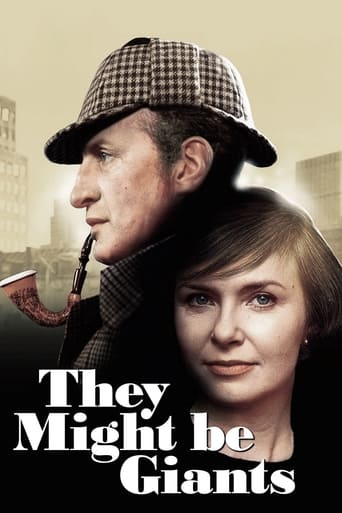
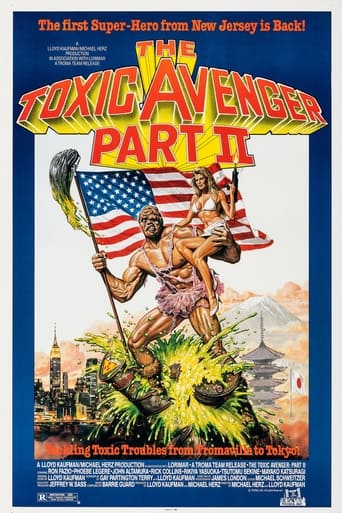
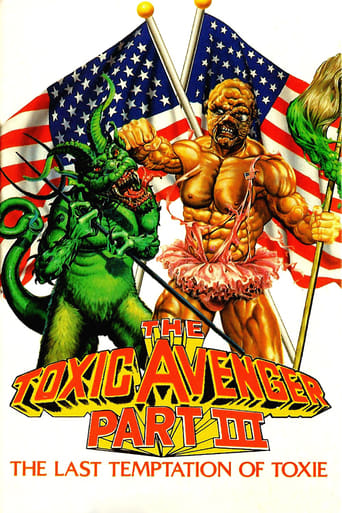
Reviews
SYNOPSIS: Captain Fisby (Glenn Ford) is sent by Colonel Purdy (Paul Ford) to an Okinawan village to aid its recovery and welfare. He is accompanied by an interpreter (Marlon Brando). Fisby is showered with gifts from the villagers. Amongst the gifts is a geisha girl (Machiko Kyo). (In pronouncing, render Japanese names as sharply and gutter-ally as possible. Thus: Marchy/core, with the word snapped off extra fast).NOTES: The stage play opened on Broadway at the Martin Beck on 15 October 1953 and ran a colossal 1,027 performances, making it one of the fifty most successful plays ever produced on Broadway. A long way from Fiddler On the Roof's 3,242 performances or Life With Father's 3,224, but a highly commendable achievement nonetheless. Adding spice to the success, the play was awarded the Pulitzer Prize for Drama. (The judges were particularly finicky that year too, making no award at all for Fiction, though Charles Lindbergh took the Biography prize for his Spirit of St Louis). The play also won the New York Drama Critics' Award for Best Play of the Year. It was inevitable that it should spawn a film version, a musical — Lovely Ladies, Kind Gentlemen (1970) — and even a surprisingly short-lived Broadway revival of a miserable 14 performances in November 1956 starring Gig Young.With a domestic film rentals gross of $5.7 million, "Teahouse" came in 6th at the U.S./Canadian box-office for 1957. The movie achieved exactly the same position in Australia, but in the U.K. failed to make the top ten list of money-spinners.COMMENT: A riot on the stage, but something less on the screen. The players try too hard, particularly Paul Ford, here recapping his stage role. (Louis Calhern was originally cast, but suffered a fatal heart attack whilst on location in Japan). Although Marlon Brando was a popular choice for Sakini, I would have preferred Broadway's David Wayne. Still Brando's portrait, viewed in 2016, doesn't seem quite as outrageous or ridiculous as it did 60 years ago.Robert Lewis directed the Broadway show. For the movie we're stuck with the considerably less talented Daniel Mann. Not only is his handling over-emphatic, he seems totally unable to judge when a jest is exhausted. A joke or comic situation, mild to begin with, is often elasticized way past boredom point. And though his training ground was the stage, Mann makes surprisingly little use of the width available to him on the CinemaScope screen. If this is an example of his method of staging with all the action crowded into the center, we wonder why he didn't face an actors' revolution. (Stage players are very fussy about "blocking". A director is continually forced to find all sorts of reasons, excuses and pretexts to string his actors out from one end of the stage to the other so that the audience has a good view of each performer).But stay with it, folks. Despite the initial lack of promise, things do improve when Eddie Albert (of all people) comes on. Often a rather dull yet too earnest actor, Albert gives here a wonderfully relaxed, thoroughly professional performance that even overwhelms the dead hand of Mann's tepid direction. Albert's enthusiasm even infects some of the other players. Paul Ford is occasionally amusing, despite all the exaggerated bluster, and Henry "Harry" Morgan briefly shines. Miss Kyo, however, remains stubbornly giggly, if attractively decorative, but little else. As for Glenn Ford in the John Forsythe role, well Glenn Ford in comedy mode is Glenn Ford in comedy mode, period. Although John Patrick himself penned the screenplay, on film Teahouse seems much less pointed, much less amusing than on stage or in print. Even Alton's grainy CinemaScope photography falls disappointingly short of his usual standards.SUMMING UP: The opening twenty minutes or so of "Teahouse of the August Moon" promise great things. An American Army officer (Glenn Ford) is sent to establish the recovery and welfare of an Okinawan village, with a rascally Japanese interpreter (Marlon Brando) as an assistant. Alas, great things do not happen. Brando is woefully miscast.
This is a creepy and unfunny movie. Marlon Brando is at his hammy worst. Paul Ford barely bothers to make facial expressions. Glenn Ford is game, and Eddie Albert does what he can. But mostly I spent the movie cringing at the horrible script and Brando's repulsive yellow-face performance.I wonder what this movie looked like back in the 1950's when it was made. It was shortly after the end of World War II. Perhaps it was intended as a way to humanize the Japanese (by having a non-Japanese give a clichéd and hackneyed performance in bad makeup). Maybe this movie wasn't as creepy back then. I'm at a loss as to why anyone would consider it to be tolerable now.
This is an excellent film on many levels, but one overlooked aspect is the role of the organic health food addict/Army shrink and performance by Eddie Albert. Albert had an unusual background and career, but his environmental commitment (and that of his son Edward)was quite impressive. It seems he was one of the first active celebrity environmentalists, and perhaps more than that, if this role is any indication. As far as I know, this is the first time Hollywood ever presented--let alone mentioned--a major character who was into organic foods, i.e., into the environment on a higher level. And it turns out that the actor was that way in real life, so perhaps it may have impacted on the part. In any event, I don't know if there has been a film role since then pushing the organic food message, and in such a delightful way. Moreover, it gave Albert a chance, rare as it was, to demonstrate his considerable comic talents, along with the rest of the gang.
I've known that there was a film with the title "The Teahouse of the August Moon" for years but never had any interest in viewing it. I probably had it confused with "Sayonara", Marlon Brando's other post WWII Japan film. And there was never any reason to suspect that it was anything but a light comedy, as it was based on a stage play.But it turns out that rather than just a comedy, it is more like a subtly subversive satire on America's staggering conceit as a righteous force of change in the world. How they managed to convince the studio and the public that it was just a harmless little comedy would make a great story itself, considering that it was made during the blacklist days of red-baiting and mega paranoia. My guess is that its patronizing portrayal of Japanese culture, and its characterization of the Okinawans as simple childlike islanders provided sufficient misdirection to throw our guardians off the scent. Hollywood was pretty good at slipping stuff like this into the mainstream, where the actual nature of the satire was only apparent to the most discerning viewers.As others have noted, the film's message is actually more relevant today than at the time of its release; what with America's botched meddling in Viet Nam, Lebanon, Somalia, and Iraq. As "The Teahouse of the August Moon" illustrates, there seems to be a national compulsion to change the world and a chronic failure to realistically evaluate the complexities of these little adventures.On the flip side, many of those who attack the film as racist are also critical of "Eurotrip" for its stereotyped portrayal of Europe; failing to recognize that the target of both films is America and its simplistic view of the rest of the world.Anyway, "Teahouse" takes place shortly after the end of WWII as Captain Fisby, a Army Civil Affairs officer (Glenn Ford), is detailed to an Okinawan village to teach the natives about "democracy". His most important task is to construct a "pentagon" shaped school for the children. But with the arrival of a Geisha named Lotus Blossom (Machiko Kyo) the villagers decide that a teahouse (basically a copy of the Geisha houses they have heard about in the cities) should be built instead. When it appears that Fisby has become too acclimated to the native culture, his commanding officer sends a psychiatrist (Eddie Albert) to the village to evaluate his fitness for duty. Albert is soon co-opted and stays on in the village indulging his fantasy of running a farm. Marlon Brando plays a native interpreter and carries it off quite nicely, in fact the whole cast is solid with Kyo unexpectedly effective and very charming. Speaking only Japanese (and without subtitles), her performance is similar to some of the best silent film stuff. Although Brando translates her more important lines for Fisby (and for the audience) her nonverbal performance communicates so much that you are rarely even aware of the language gap. Brando does a nice commentary to begin and end the film. While "Teahouse" is hardly Oscar material it is entertaining and of considerable historical/ cultural interest.Then again, what do I know? I'm only a child.
